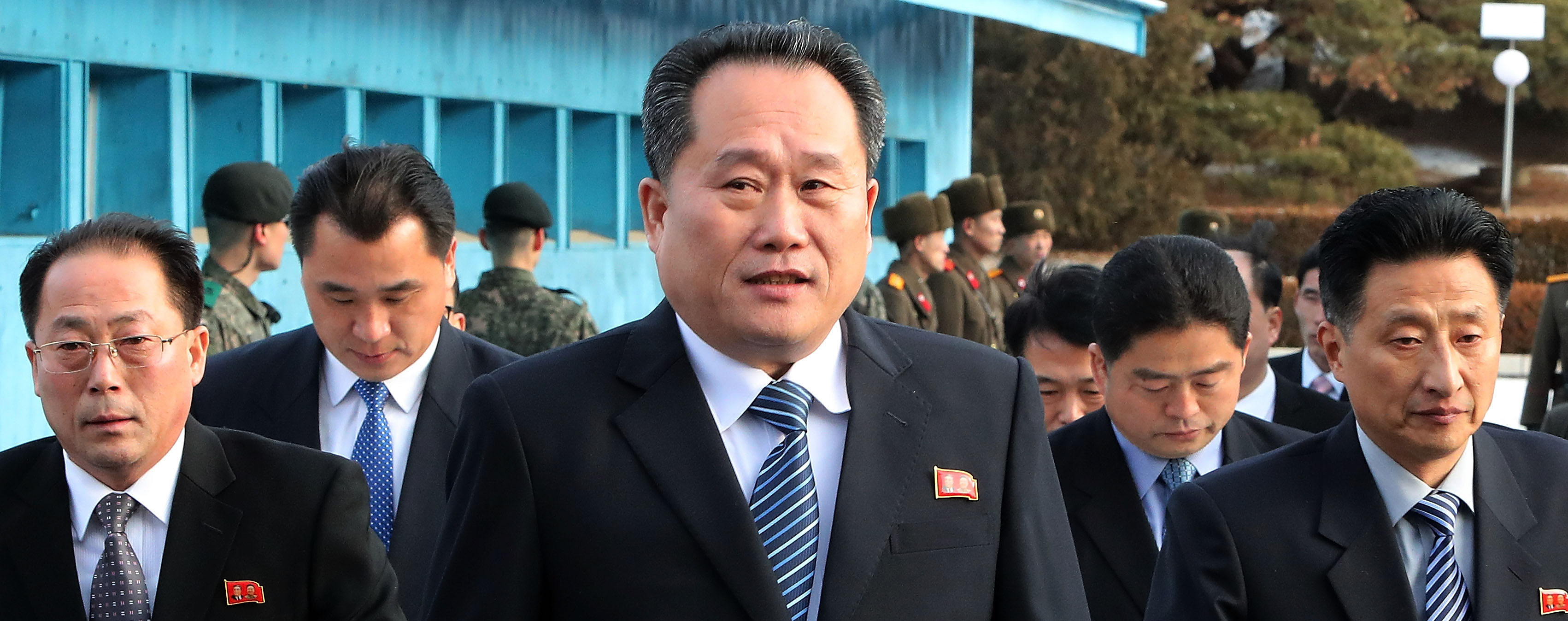
Impact Player: Ri Son-gwon
Who is he?
Media reports surfaced on January 18, 2020 that Ri Yong-ho
was demoted from his foreign minister post and replaced with the head of North
Korea’s Committee for the Peaceful Reunification of the Country (CPRC). An official note distributed by the Ministry of Foreign Affairs
confirmed Ri Son-gwon’s appointment a few days later on January 20.
Ri Son-gwon is the newly appointed Minister of Foreign
Affairs of North Korea. He is a former military official in the Korean People’s
Army (KPA) and the former head of North Korea’s Committee for the Peaceful
Reunification of the Country (CPRC), the bureau in charge of inter-Korean
relations. Most notable about Ri is that aside from participating in a handful
of events involving inter-Korean relations in his most recent post, he has
little to no diplomacy experience.
Ri has a reputation for being a close adviser to Vice
Chairman Kim Yong-chol of the Central Committee of the Workers’ Party of Korea,
who is the self-professed executor behind the 2010 sinking of South Korea’s
Cheonan warship and also believed to be responsible for other major attacks on
South Korea by the DPRK including the subsequent bombings on Yeonpyeong-do
(Yeonpyeong Island) and the 2014 Sony cyberattacks. Ri’s militant stance
towards the U.S. and conservative views towards South Korea make him a
hardliner on political and diplomatic issues.
Why has he been in the news?
Replacing Ri Yong-ho – who is fluent in English and held the post since 2016 with decades of experience working with American counterparts – with Ri Son-gwon comes as a surprise considering the latter’s lack of practical experience in denuclearization negotiations compared to his predecessors. Not to mention, the appointment may be the first manifestation of the concepts introduced in Kim Jong-un’s remarks during North Korea’s four-day party Plenary Meeting from December 28 to December 31 – more specifically, that the world would see a shift in North Korea’s foreign policy. Media sources have also highlighted that Kim Jong-un’s appointment of military officials to party leadership positions may be pointing to his reliance on loyalists.
What can we expect?
- Ri Yong-ho’s demotion does not spell well for future negotiations. When Ri was promoted to foreign minister in May 2016, he was already an established career diplomat with extensive background knowledge on nuclear issues and experience negotiating with the U.S. He could converse fluidly with U.S. interlocutors in perfect English, allowing for the practical exchange of ideas and positions.
- The promotion of Ri Son-gwon, an ideological hardliner, signals little flexibility in North Korea’s position. On the contrary, the move indicates that the internal DPRK metric for success in any future negotiations with the U.S. is not diplomatic experience and pragmatic compromise but holding closely to an extreme position of sanctions relief and an end to U.S. “hostile policy” as a precondition for negotiations.
- Ri’s lower status compared to that of his predecessors and his lack of experience suggests that the influence of the foreign ministry has been diminished. More responsibility may be given to the International Department under the Party Central Committee.
- A window of a couple of months remains for the resumption of diplomacy and a potential “phase one” deal of partial sanctions relief for a freeze on operations, after which the DPRK will probably wait out the results of the U.S. election.
The Impact Player series is presented by the CSIS Korea Chair to inform audiences about key policy makers in issue areas of importance to the Korean peninsula and U.S.-Korea relations.
